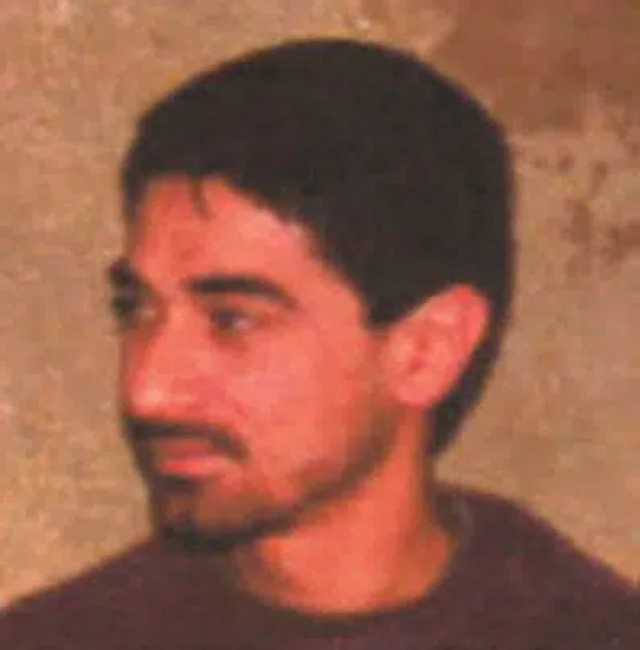In a significant escalation of the ongoing conflict between Israel and Hezbollah, an Israeli airstrike on Friday killed Ibrahim Aqil, a top Hezbollah commander involved in the 1983 bombing of the U.S. Marine Corps barracks in Beirut. The strike, which targeted the southern suburbs of Beirut, has been described as one of the most severe blows to Hezbollah's leadership in recent years. Aqil's death, along with nine others, was confirmed by Lebanese security sources, with dozens more injured.
The Israeli Defense Forces (IDF) confirmed the strike, stating that Aqil was a senior commander of Hezbollah's elite Radwan unit. Aqil, also known by his alias "Tahsin," was wanted by the United States for his role in the Marine barracks bombing, which killed 241 American service members. He was also implicated in a series of kidnappings of Western hostages in Lebanon during the 1980s, earning him a $7 million bounty from the U.S. State Department.
This airstrike comes just days after a series of explosions in Lebanon, reportedly caused by tampered communication devices used by Hezbollah operatives. These explosions, which killed at least 37 people and injured thousands more, are widely believed to have been orchestrated by Israel, though the country has not officially taken responsibility. The heightened tensions mark a dangerous escalation in the conflict that has been simmering for over a year.
Aqil's death is a significant loss for Hezbollah, which has already been under pressure from Israeli military operations in southern Lebanon. Aqil was a key military strategist for the group, particularly in overseeing operations against Israel. His death, along with other senior commanders of the Radwan unit, is likely to disrupt Hezbollah's leadership and military capabilities in the near term.
Israeli military sources stated that the strike was part of a broader effort to neutralize Hezbollah's leadership and infrastructure. "This elimination is intended to protect the citizens of Israel," an Israeli military spokesperson said, reinforcing the country's stance on eliminating key threats posed by Hezbollah.
The strike has further intensified the already volatile situation along the Israel-Lebanon border. Hezbollah retaliated with rocket fire into northern Israel, targeting what it described as Israel's main intelligence headquarters in the region. This exchange of fire has led to concerns that the conflict, which has largely been contained to border areas, could spill over into a broader regional war.
In the immediate aftermath of the strike, Beirut's southern suburbs were left in chaos. Local witnesses described scenes of devastation, with buildings reduced to rubble and burnt-out vehicles lining the streets. Lebanese health officials reported that rescue teams were still searching for survivors under the debris. The airstrike, one of the most intense in recent months, has added to fears that the conflict between Israel and Hezbollah could escalate into a full-scale war.
International reactions to the strike were swift. The United States urged its citizens to avoid travel to Lebanon and called on both sides to exercise restraint. "War is not inevitable, and we will continue to work diplomatically to prevent further escalation," said U.S. National Security Spokesman John Kirby. The Iranian government, a key backer of Hezbollah, condemned the attack, calling it an unjustified assault on Lebanese sovereignty.
Aqil's killing marks the second time in recent months that Israel has targeted a high-ranking Hezbollah figure. In July, an Israeli airstrike killed Fuad Shukr, another senior commander within the group. Both strikes are part of Israel's broader strategy to weaken Hezbollah's military operations, which have included rocket attacks on Israeli territory in solidarity with Hamas.
Israel's Defense Minister Yoav Gallant confirmed that the country is entering a "new phase" in its military campaign against Hezbollah, signaling that further strikes may be imminent. This follows weeks of increasing military activity on both sides, as Hezbollah continues to fire missiles into northern Israel. The conflict has displaced tens of thousands of people, with many northern Israeli residents evacuating to the south.
Lebanese officials have expressed concerns that the conflict could lead to a broader war between Israel and Hezbollah, with potentially devastating consequences for the region. Hezbollah's leader, Hassan Nasrallah, had vowed retaliation after a series of attacks earlier in the week, accusing Israel of crossing "all red lines." Nasrallah warned that Hezbollah would continue its operations against Israel until there was a ceasefire in Gaza.
The Israeli military remains on high alert, with Prime Minister Benjamin Netanyahu reportedly delaying his trip to the United Nations General Assembly in New York due to the escalating situation. As both sides prepare for what could be an extended period of hostilities, the prospect of a peaceful resolution seems increasingly remote. With tensions mounting, the international community faces the challenge of preventing the conflict from spiraling further out of control.




